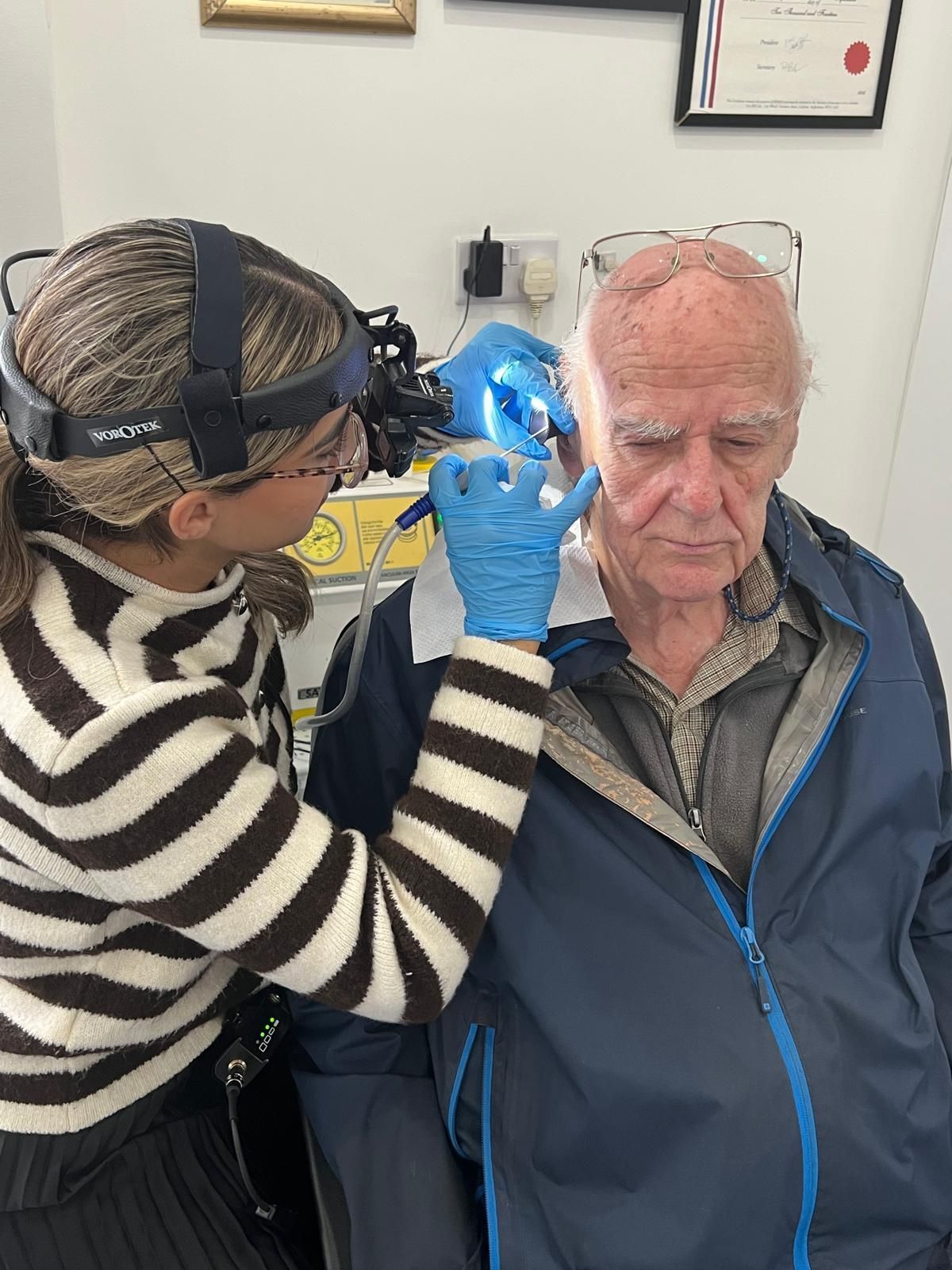How to Enjoy Your Passions With Hearing Loss
Hearing loss can be challenging to overcome, but it doesn't have to stop you from enjoying your passions. Various strategies and resources are available to help individuals with hearing loss continue to pursue their interests and hobbies. Here are a few ways to enjoy your passions when you experience changes to your hearing.
Consider a Hearing Aid
Hearing aids, can be valuable for those with hearing loss. If you have a hearing problem, you can consult an Audiologist like Sid or Sukhina, here at Ealing Hearing Centre and enquire about our devices.
Hearing aids are small electronic devices worn in or behind the ear. They make it easier for individuals with hearing loss to hear and understand speech.
Learn Lip Reading
Lip reading and visual cues can help you to communicate effectively with others. Some strategies that you can implement in this process include:
● Positioning yourself where you can see the speaker's face.
● Focusing on the speaker's facial expressions and body language.
● Watching the speaker's mouth movements to try to understand what they are saying.
● Asking the speaker to face you directly and speak clearly.
These options can help you continue to enjoy your passions, primarily if you cannot obtain a hearing aid.
Join Support Groups
Support groups for people with hearing loss can provide valuable advice and resources and be a great way to connect with others who understand the challenges of living with hearing loss. You can share experiences, learn about new technologies, and find emotional support to help you discover ways of enjoying your passions.
Factor in Rest
Taking breaks and resting your ears is essential when participating in activities that may be loud or overwhelming. Rest can help prevent further damage to your hearing and allow you to enjoy your passions more fully. If you are into music or enjoying the sound of nature, take breaks in between and tune your devices to a comfortable volume, neither too loud nor too low. Moderation is critical for your recovery and prolonging your enjoyment.
Use Subtitles or Captioning
Captioning and subtitles can be helpful tools for understanding dialogue and sound in movies and other audio-visual media.
Enjoy Your Passions
These suggestions help you to adapt and continue to pursue your passions. It's important to remember that hearing loss is not a barrier but a challenge you can overcome with the right tools and mindset. With the right approach, you can continue to live a fulfilling and enjoyable life.
We want you to hear at your best, every day. Get in touch today to find out more.



